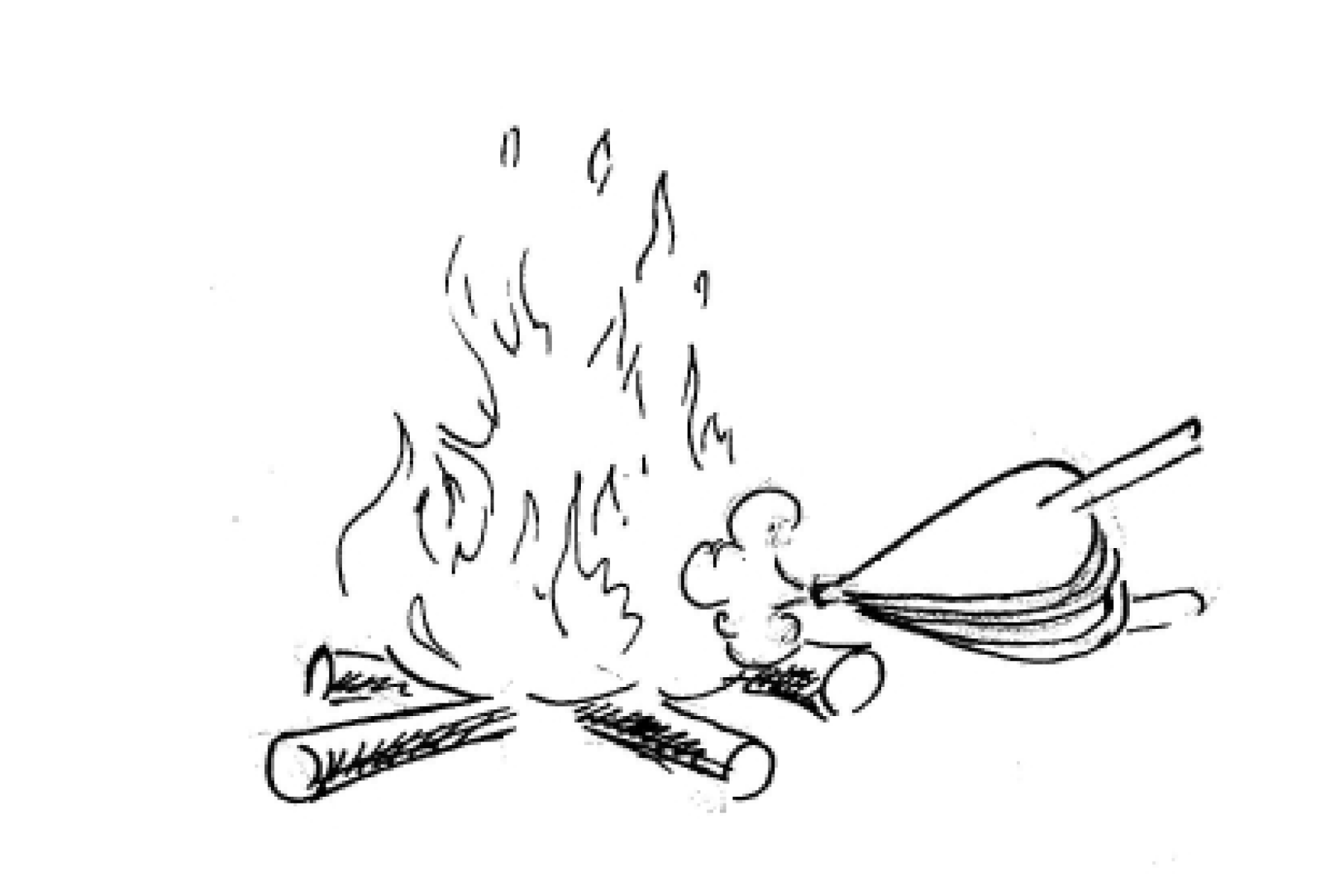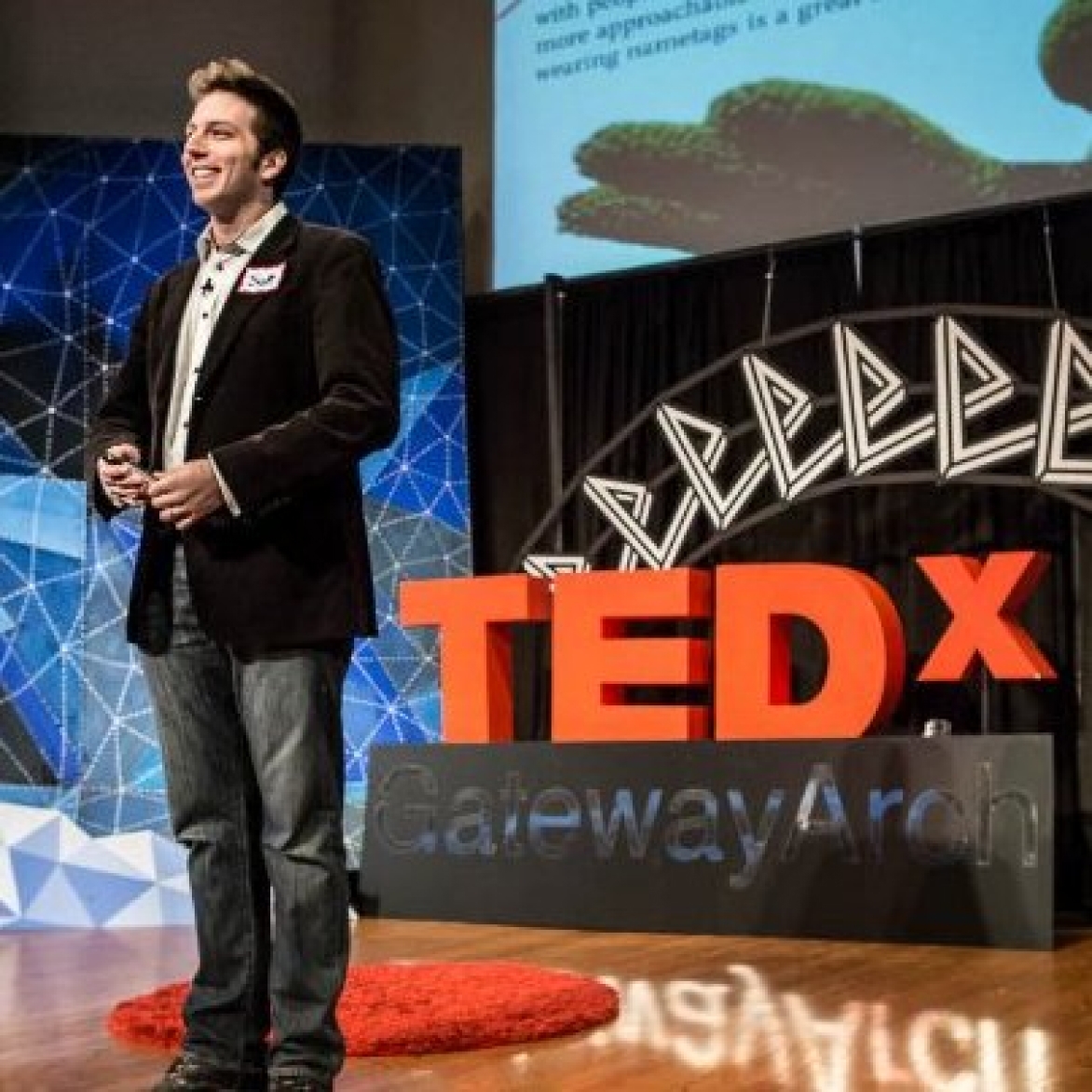106
I have this new project, but people shoot it down and makes me unmotivated
Process Oxygenation

The Context
Every team needs a process that minimizes the barriers to creation. Because making something out of nothing, going from zero to one, moving from nonexistence to existence, that's one of the hardest things to do within any group of people. You’re fighting against the fickle mistress of human motivation and group dynamics, every step of the way. And if your team doesn't have a protective sanctuary where creativity can be recognized, encouraged and rewarded, then the level of output will be minimal at best.
The Tool
Process Oxygenation
PROCESS OXYGENATION — Giving new ideas a fighting chance to breathe and grow by nurturing them with encouragement, freedom and affirmation
As a creative leader on your team, the practice for combatting this very human and very dispiriting pattern is called process oxygenation. It's a structured way of giving new ideas a fighting chance to breathe and grow by nurturing them with encouragement, freedom and affirmation. And so, if you see that somebody on the team has new idea or project they want to brainstorm, take it offline. Start a new, private, dedicated channel on the company chat board, specifically for their idea, only inviting a few people. Treat it as the team's safe container and creative repository, where you dump notes, ideas, opinions, resources and whatever else comes to mind. That way, each person can asynchronously engage with this creative object on their own time. Without the uninvited, cynical voices chiming in to take the wind out of their intellectual sails.

Scott's Take
I have found working with teams that it's critical to have a process that minimizes the barriers to creation. Let's imagine someone on your team shares their tiny seedling of an idea during a meeting or on the company message board. Awesome. They haven't even begun to create their thing yet, but they still felt compelled to share the creative spark. That takes a certain amount of intellectual bravery, and is not an insignificant action. Within seconds of the idea being share, other team members leap in and start critiquing it, arguing about it, and essentially telling that person how they should think it and optimize it for success. Because of this response a few things happen. One, the originator of the idea feels emotionally discouraged by the backlash on an idea that, just a few minutes ago, gave them energy. Two, that person feels creatively deflated by the volume of work they apparently still need to do in order to make their idea succeed. Three, when the creator eventually starts executing their idea, if they even make it to that point, their effort has already increased significantly. Thanks to the team's critical input, it will now take longer to complete and feel draining along the way.
The Rest
Process oxygenation is a powerful strategy. It's a surefire way to overcome cynical people and attitudes that gridlock execution. You'll reduce the effort of completing the first version of your work. And most importantly, you'll increase psychological safety so your team members will be inspired to keep innovating in the future. What's your process for minimizing the barriers to creation?
The Benefits
Minimize the barriers to creating new things
Overcome cynical people and attitudes that gridlock execution
Reduce the effort of completing the first version of your work
Increase psychological safety so team members are inspired to keep innovating in the future